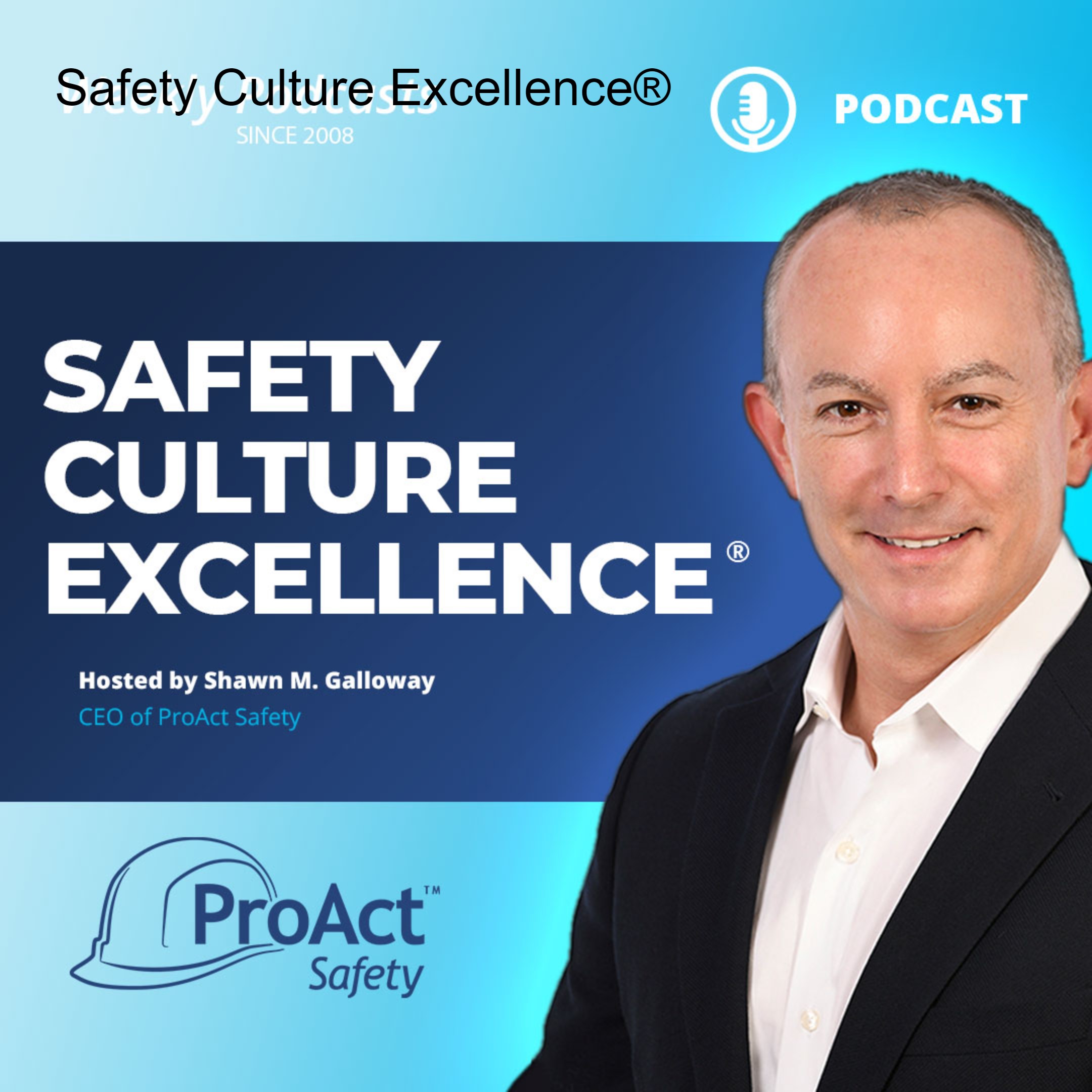Episodes
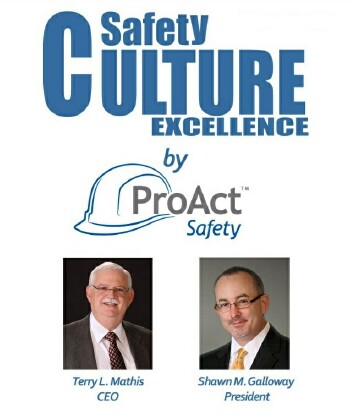
Monday Dec 28, 2015
420: It's No Surprise We Fail Our Supervisors
Monday Dec 28, 2015
Monday Dec 28, 2015


Monday May 18, 2015
388 - The Only Way Safety Will Continuously Improve
Monday May 18, 2015
Monday May 18, 2015
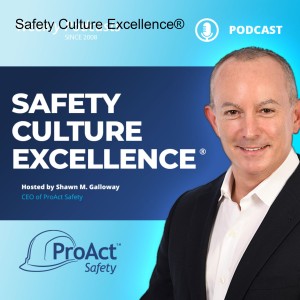
Monday Mar 30, 2015
381 - Three Steps to Coaching For Performance
Monday Mar 30, 2015
Monday Mar 30, 2015


Monday Dec 01, 2014
364 - Inspire Not to Do But to Feel
Monday Dec 01, 2014
Monday Dec 01, 2014


Monday Sep 08, 2014
352 - The 4 Questions to Shape Performance
Monday Sep 08, 2014
Monday Sep 08, 2014
Hello everyone, here is a quick video to help you shape performance in those you are coaching, leading and/or managing.
Have a great week!
Shawn M. Galloway
www.ShawnGalloway.com
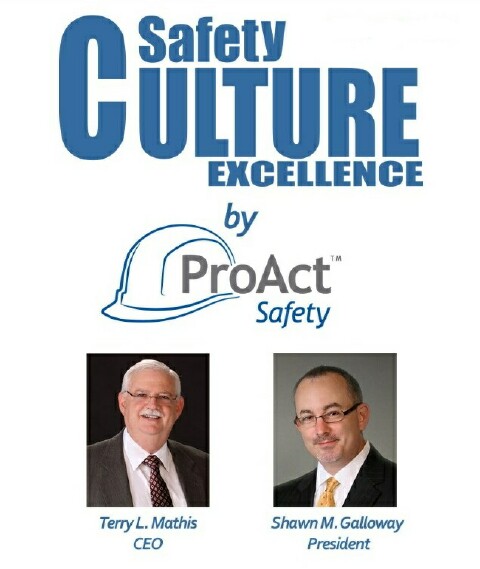
Wednesday Jul 30, 2014
Transformational Leadership in Safety
Wednesday Jul 30, 2014
Wednesday Jul 30, 2014
Safety leaders are regularly looking for ways to improve safety, or are they? All too many leaders would settle for maintaining the status quo or managing to fail a little less this year than last. It is not that they would not like to make a truly transformational improvement in safety. They simply either don’t think it is possible or don’t have a plan to make it happen.
The beginning of a transformation in safety is to quit trying to control workers and start adding value to them. Workers may sometimes be the problem but they are also the solution. Helping workers perform more safely is different than controlling them. The whole terminology of “safety controls” loses its effectiveness when it moves from conditional controls to behavioral controls.
Transformation begins with winning hearts and minds over to safety excellence and providing the support to enable their efforts. Safety becomes a life ambition and not a game that needs rules to keep people from cheating. The hands and feet of workers only need to be controlled when their hearts and minds are not bought in and fully engaged in the safety effort.
-Terry L. Mathis
For more insights, visit www.ProActSafety.com
Terry L. Mathis is the founder and CEO of ProAct Safety, an international safety and performance excellence firm. He is known for his dynamic presentations in the fields of behavioral and cultural safety, leadership, and operational performance, and is a regular speaker at ASSE, NSC, and numerous company and industry conferences. EHS Today listed Terry as a Safety Guru in ‘The 50 People Who Most Influenced EHS in 2010, 2011 and 2012-2013. He has been a frequent contributor to industry magazines for over 15 years and is the coauthor of STEPS to Safety Culture Excellence, 2013, WILEY.

Monday Jul 28, 2014
347 - The Confrontation Calamity
Monday Jul 28, 2014
Monday Jul 28, 2014
Greetings everyone, this podcast recorded while in Toronto, ON. I’d like to share an article Terry Mathis wrote that was published June 2014 edition of EHS Today Magazine. The published article can either be found on the magazine’s website or under Insights at www.ProActSafety.com.
I hope you enjoy the podcast this week. If you would like to download or play on demand our other podcasts, please visit the ProAct Safety’s podcast website at: http://www.safetycultureexcellence.com. If you would like access to archived podcasts (older than 90 days – dating back to January 2008) please visit www.ProActSafety.com/Store. For more detailed strategies to achieve and sustain excellence in performance and culture, pick up a copy of our book, STEPS to Safety Culture Excellence - http://proactsafety.com/insights/steps-to-safety-culture-excellence
Have a great week!
Shawn M. Galloway
ProAct Safety

Wednesday Jul 23, 2014
Outsourcing Leadership Training
Wednesday Jul 23, 2014
Wednesday Jul 23, 2014
Today’s economic realities have necessitated a great deal of outsourcing. Organizations are clinging to their core competencies and value potential and hiring out peripheral tasks. In safety, more and more of the training function is being outsourced. This can be a good approach to some types of safety training but is definitely not for others.
Definite YES: Skills training by technical experts is almost always more effective. If the organization cannot justify keeping such an expert onboard full-time, outsourcing makes good sense and is often quite effective.
Definite NO: Training that establishes official management style or organizational philosophy. If you want your supervisors to coach safety or your leaders to stay on message about organizational mission and vision for safety, outside trainers are definitely not the way. Specific skills such as coaching or communications can be taught by outsiders, but the deep-rooted organizationally-specific style training is best done by an insider with recognized ties to the organization and specific information to answer questions on strategy and tactics.
Maybe with Qualifications: Training that is required for regulatory compliance can often be outsourced effectively. The one nuance is that much of this type of training is very generic and may not be easily or directly applied by workers to their specific tasks. Training that is too theoretical may lose its effectiveness if the link between the theory and workplace reality is not clear.
Outsourcing the right training and keeping the right training in-house can be a key to success in safety.
-Terry L. Mathis
For more insights, visit www.ProActSafety.com
Terry L. Mathis is the founder and CEO of ProAct Safety, an international safety and performance excellence firm. He is known for his dynamic presentations in the fields of behavioral and cultural safety, leadership, and operational performance, and is a regular speaker at ASSE, NSC, and numerous company and industry conferences. EHS Today listed Terry as a Safety Guru in ‘The 50 People Who Most Influenced EHS in 2010, 2011 and 2012-2013. He has been a frequent contributor to industry magazines for over 15 years and is the coauthor of STEPS to Safety Culture Excellence, 2013, WILEY.

Wednesday Apr 16, 2014
The Confrontation Calamity
Wednesday Apr 16, 2014
Wednesday Apr 16, 2014
The emphasis on the concept of confrontation in safety is epidemic. Consultants, books and articles taut the virtue of teaching workers to confront each other over safety issues. They claim that the willingness and ability to confront may be the key competency of safety. They argue that it must become unacceptable to see a risk being taken and not confront the individual taking the risk.
The basis of this misguided concept goes back to two core misconceptions of safety thinking, (i.e. the idea that the goal of safety is to fail less and that all risk-taking is a matter of worker choice). When one worker sees another being bad there must be a confrontation to make the worker less bad. The worker taking a risk simply made a bad choice and confrontation will result in less-bad decisions in the future. The truth is that safety excellence is about achieving success, not simply avoiding failure and that there are organizational influences that impact workers’ decisions that need to be discovered and addressed if lasting change is to be made.
The alternative to the concept of confrontation is the concept of coaching. Coaching is a way to achieve success rather than simply avoid failure. It involves workers building on each other’s strengths rather than simply trying to correct their weaknesses. It is built upon a vision of success in which everyone helps each other reach a goal. It necessitates a vision of success and helps to identify organizational influences on workers’ behavioral choices.
Confrontation weakens relationships and culture and seldom results in lasting change. Coaching builds relationships and culture and almost always results in improved performance. Workers listen to their allies differently than they listen to their critics. Confrontation creates either enmity within the safety culture or avoidance behavior that has the appearance of confrontation without the reality. Either damages the very fabric of what it is supposed to improve.
-Terry L. Mathis
Terry L. Mathis is the founder and CEO of ProAct Safety, an international safety and performance excellence firm. He is known for his dynamic presentations in the fields of behavioral and cultural safety, leadership, and operational performance, and is a regular speaker at ASSE, NSC, and numerous company and industry conferences. EHS Today listed Terry as a Safety Guru in ‘The 50 People Who Most Influenced EHS in 2010, 2011 and 2012-2013. He has been a frequent contributor to industry magazines for over 15 years and is the coauthor of STEPS to Safety Culture Excellence, 2013, WILEY.
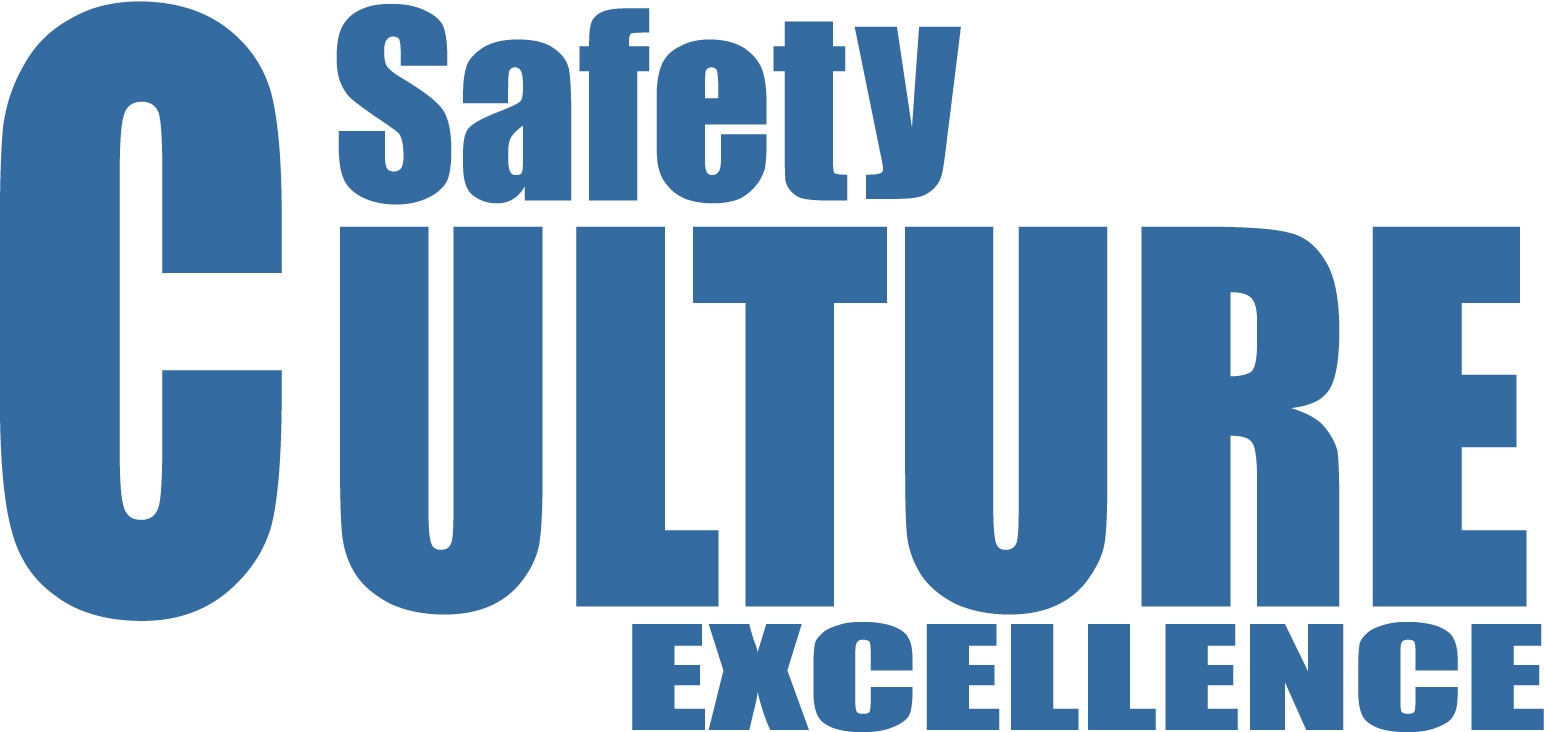
Monday Feb 24, 2014
330 - What Followers Want In Their Leaders
Monday Feb 24, 2014
Monday Feb 24, 2014
Greetings everyone, this podcast recorded while in Denver, CO. I’d like to share an article I wrote that was published February 2014 in BIC Magazine. The published article can either be found on the magazine’s website or under Insights at www.ProActSafety.com.
I hope you enjoy the podcast this week. If you would like to download or play on demand our other podcasts, please visit the ProAct Safety’s podcast website at: http://www.safetycultureexcellence.com. If you would like access to archived podcasts (older than 90 days – dating back to January 2008) please visit www.ProActSafety.com/Store. For more detailed strategies to achieve and sustain excellence in performance and culture, pick up a copy of our book, STEPS to Safety Culture Excellence - http://proactsafety.com/insights/steps-to-safety-culture-excellence
Have a great week!
Shawn M. Galloway
ProAct Safety

